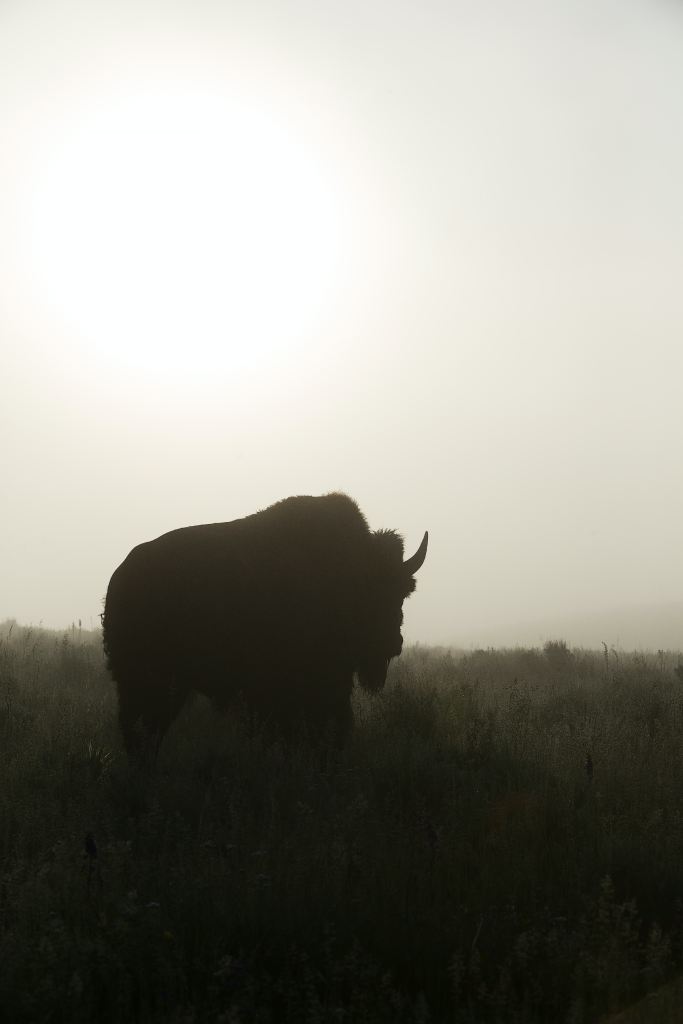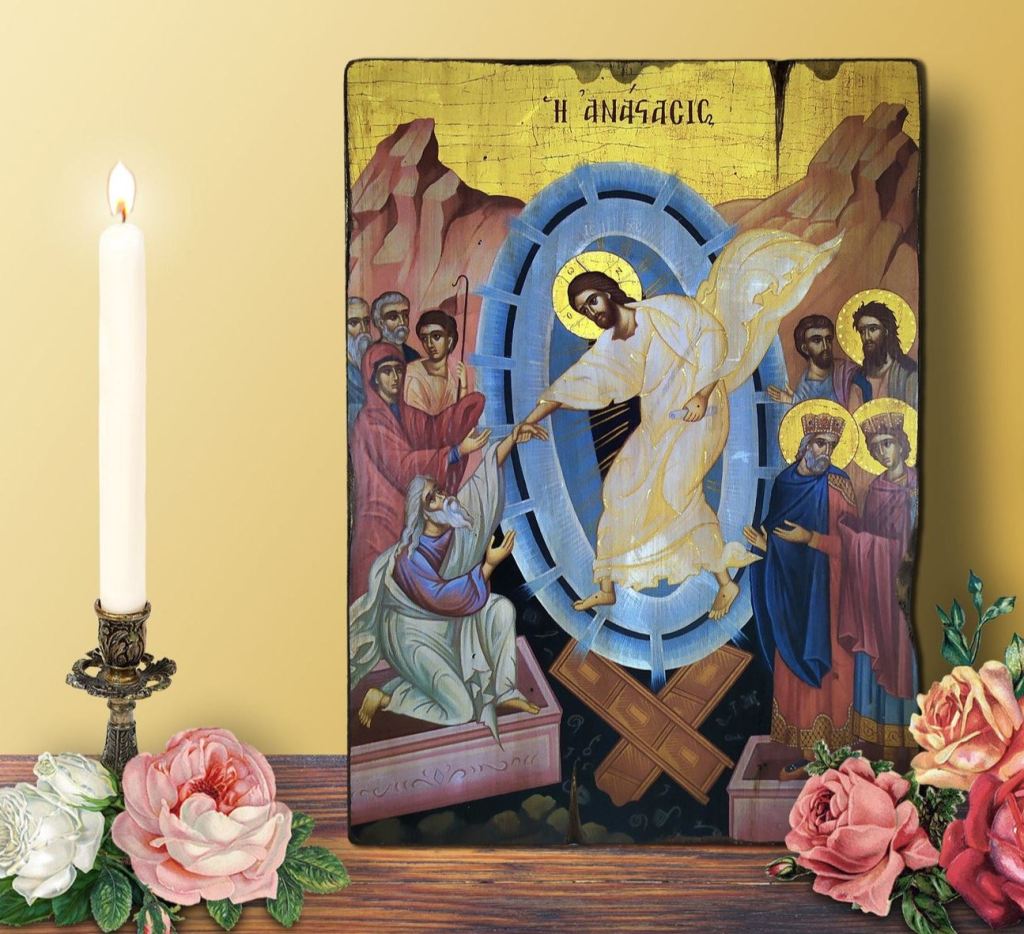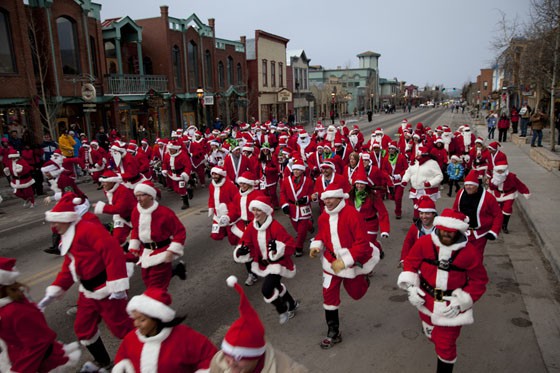You can also find a recording of this post at my 2 Penny Blog Podcast.
We know love by this, that he laid down his life for us—and we ought to lay down our lives for the brothers and sisters. (1John 3:16)
During a recent children’s message, I introduced the children present to my stuffed animal friend, Tommy Tatanka. (Tatanka means buffalo in the Lakota language, and that’s what Tommy is.) I bought Tommy when visiting the National Buffalo Museum in Jamestown, ND, because I thought seeing it would help me remember my Lakota children and youth at St. Joseph’s Indian School. The motto for the school is: “We serve and teach. We receive and learn.” This reminds us that our relationships are meant to be reciprocal, and I received and learned much from the Native students and their families. I mentioned during the children’s message as we explored the story of the creation of the first family in Genesis 2 that the Lakota had a saying used often in prayer, sacred story, and at other times: Mitakuye Oyasin (“We are all related”). They seek to remember that the human family remains in relationship with one another and all of creation much as many Psalms and other biblical citations suggest.
In Lakota Christian communities, you might often see this concept represented concretely. Amidst traditional Christian symbols of the cross, candles (representing the light of Christ), Christograms (such as the ancient Alpha and Omega symbol for Jesus ), a butterfly (a more modern symbol of resurrection and new life), or perhaps an ichthys fish symbol (reportedly used by ancient Christians to help people recognize churches and other believers during a time when they faced persecution in the Roman Empire), among all these things and more, you might find Native religious symbology as well. For example, one might see a buffalo skull. Why a buffalo skull? In past times, the buffalo was hunted for food, but every part of the buffalo would be used by the tribe for clothing, shelter, or tools. Nothing would be wasted. The Lakota still believe that because of the American buffalo’s great importance to the people, a buffalo skull should rightly be present at sacred Lakota rituals. The skull represents a powerful animal that gives completely of itself for others. The buffalo is a symbol of self-sacrifice, and for Lakota Christians, the skull often helps remind them of Jesus’ own sacrifice for our sake.
Yet, the buffalo proved an important role model to our students as well. In the fierce winter storms, the buffalo always faces the wind. It survives by addressing things head on. This becomes inspirational for the students as they face new challenges or experiences, or as they deal with losses or trauma. For Christian Lakota, it can remind them to pick up their cross as Jesus did in the service of others.
As I write this, St. Joseph’s Indian School is about to have their annual student pow wow. It serves as a reunion of sorts, but it also becomes a time for families of the community and from across the US to gather. The children and youth dance and sing remembering their relatives of the past proudly even as they sing with hope for the future. In loving one another, we find hope. I discovered that we can even meet Jesus.
Happy Native American Heritage Month to one and all!
Unless otherwise indicated, all scripture quotations for this post are from the New Revised Standard Version (NRSV) translation.
Adapted from an article originally published in the October 2023 newsletter of Christ Lutheran Church, Fredericksburg, VA.
© 2023 The Rev. Louis Florio. All content not held under another’s copyright may not be used without permission of the author.










